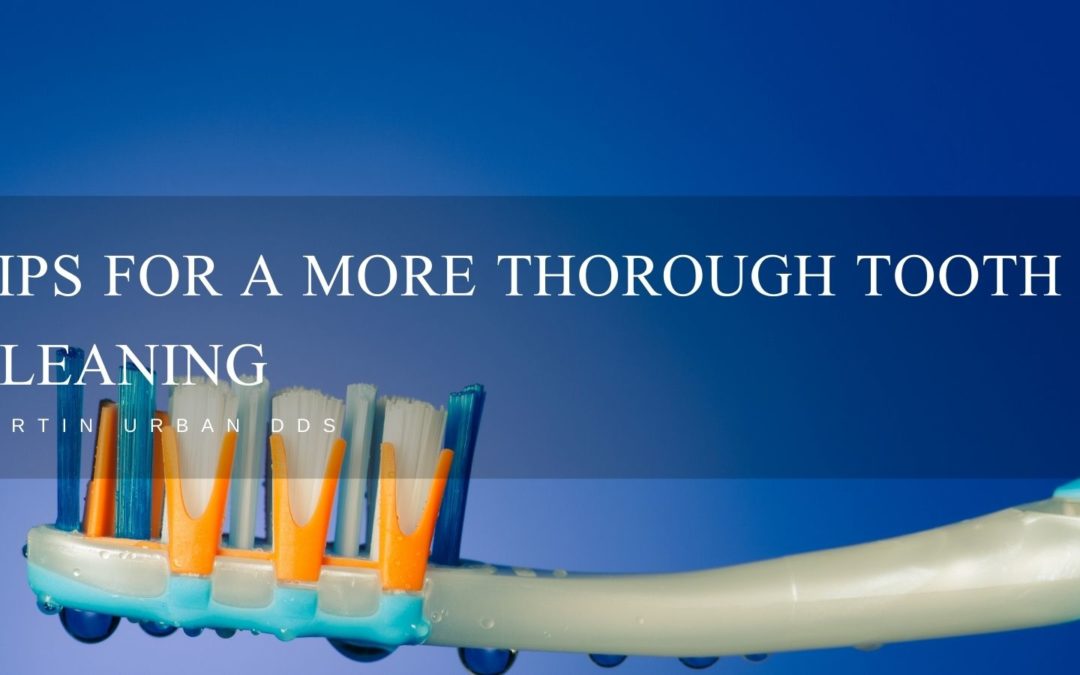Not many people enjoy going to the dentist for a check-up, but it is essential. Your teeth are an integral part of your body, and you should take care of them with regular dental visits and tooth brushing. Here at Dentist City, we want to make sure that you know how to brush your teeth correctly so that they stay healthy and strong throughout your lifetime! We’ve compiled some tips for a more thorough tooth cleaning:
Use Proper Brushing Technique
Use a soft bristle brush with gentle circles and firm pressure. Make sure you find the proper technique for your teeth, gums, and jaw when brushing so that it is effective in removing plaque from all areas of your mouth. Brush for two minutes minimum per day! This may seem like a long time at first but remember to be thorough in each mouth area during every session. Brushing will not only help eliminate bad breath but can also reduce inflammation and gum disease.
Use an appropriate toothpaste
There are many different kinds of toothpaste on the market, including whitening, tartar control, or gel-based paste explicitly designed for sensitive teeth. If you suffer from any sensitivity, make sure to get one that is right for you. Also, while many children’s toothpaste is flavored to make brushing more fun, they often lack fluoride and should not be used on older mouths until all the permanent teeth have come in.
Daily Flossing
Don’t forget flossing! Flossing at least once per day can go a long way towards reducing plaque buildup between your teeth, leading to cavities or gum disease. Be sure that it slides easily through each area when using dental floss, so there isn’t any tugging or other discomfort during use. If this occurs, try different types of string-type floss to see if one works better than another because everyone has their preference based upon dexterity issues or personal taste.
Use a Mouthwash
Although not a direct part of your toothbrushing routine, using mouthwash can help to eliminate bad breath and plaque throughout the day. In addition, rinsing with an alcohol-free solution can reduce dry mouth, which often occurs after you brush your teeth.
Clean your brush regularly
Ensure to clean your toothbrush regularly, so you don’t transfer harmful bacteria back and forth between your mouth, gums, teeth, or tongue. We recommend rinsing with water after each use of the brush then allowing it to dry until the next brushing session. For added protection, some also like to store their brushes in standing water after every use, but this is not necessary if done regularly because most germs are killed within 24 hours anyway.

